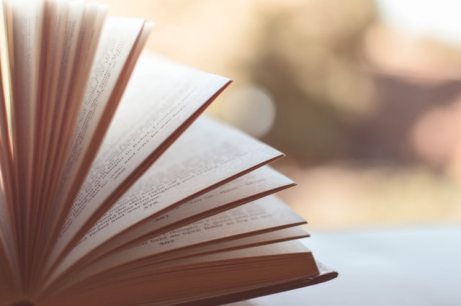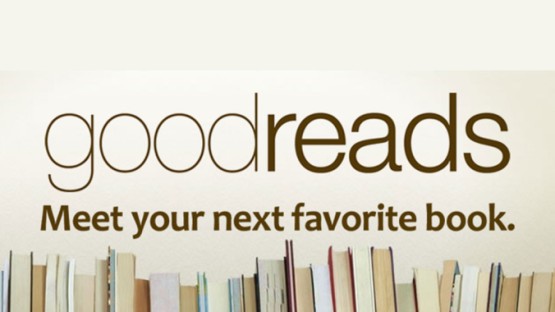
“I just thought he was insane.”
This is one reader’s take on the titular protagonist of my novel, Gerald Barkley Rocks. I must admit, it makes sense. After all, my protagonist interacts with a character no one else can see. And, without giving too much away, he has some pretty odd experiences, ones that can’t be confirmed by any other character. So I can see why readers might think it’s all in his head rather than actually happening. The thing is, that wasn’t my intention.
Is this a problem? If readers extract meaning that an author doesn’t intend, has the author messed up? And here’s the central question: Does an author’s intent even matter?
The Writer’s Fear
I’m reading Philip Pullman’s Daemon Voices right now and I think he addresses this topic astutely. In the essay “Intention,” Pullman describes the phenomenon like this:
“What seems to be going on here is the feeling that reading is a sort of test, which the reader passes or fails according to how closely the interpretation matches the one the author intended.”
This works the other way around, too. As writers, sometimes we want our readers interpretations to match our intent. If they differ, we might fear our writing failed a test of clarity. That’s how I felt when I first received the “I thought he was insane” feedback.
Yet Pullman addresses this topic again later in the book.
“Readers may interpret my work in any way they please…Believing as I do in the democracy of reading, I don’t like the sort of totalitarian silence that descends when there is one authoritative reading of any text.”
So is Phil right? Should I celebrate this alternative reading rather than fear it?
Yes, Phil’s Right
An author doesn’t decide what’s true. Rather, truth varies depending on who’s reading it. I didn’t intend for my protagonist to hallucinate anything, but, for any given reader, that doesn’t mean he didn’t.
Plus, unintended results are often some of the best. Take any B-movie as an example. If creator intent was absolute, these would just be bad movies. Yet if audiences choose to interpret them as comedies, they become far more enjoyable.
Take, for example, Troll 2. It’s a film about a family that moves to a small American town called Nilbog, (yes, that’s “goblin” spelled backwards). They’re terrorized by the townsfolk who turn out to be goblins disguised as humans. Yes, that’s right. A film called Troll 2 is actually about goblins.
That’s funny on its own—not that the filmmakers intended it. Rather, they named the film Troll 2 in order to mislead potential moviegoers into thinking the film was a sequel to a different (and unrelated) horror film. And that’s only the beginning. There’s also an omnipotent grandpa, a make-out scene in which popcorn is thrown onto the participants from off camera, and this famously awful line: “You can’t piss on hospitality! I won’t allow it!” All unintentional, and better for it.
I hope Gerald Barkley Rocks isn’t the Troll 2 of books, but you get the idea. All art is evaluated by interpretation. The artist presents the pieces. The reader, viewer, or listener arranges those pieces into whatever shape they like.
Conclusion
Feel free to read Gerald Barkley Rocks and let me know your interpretation. Because my intent is irrelevant. Thanks, Phil Pullman.
Kyle A. Massa is a speculative fiction author living somewhere in upstate New York with his wife and their two cats. His stories have appeared in numerous online magazines, including Allegory, Chantwood, and Dark Fire Fiction. His debut novel, Gerald Barkley Rocks, is available now on Amazon Kindle.



